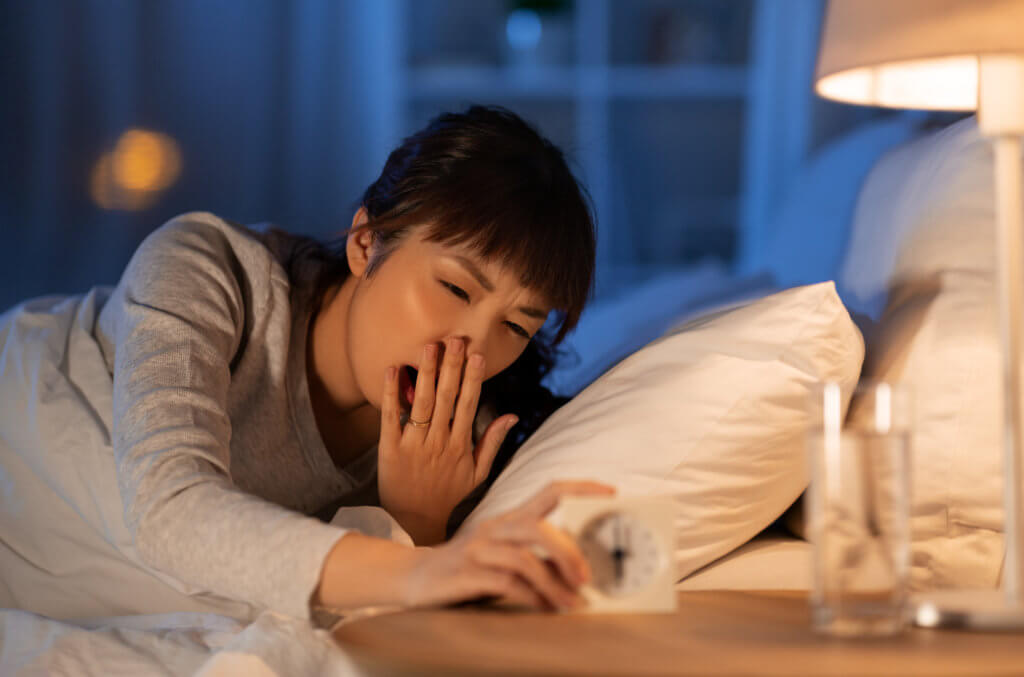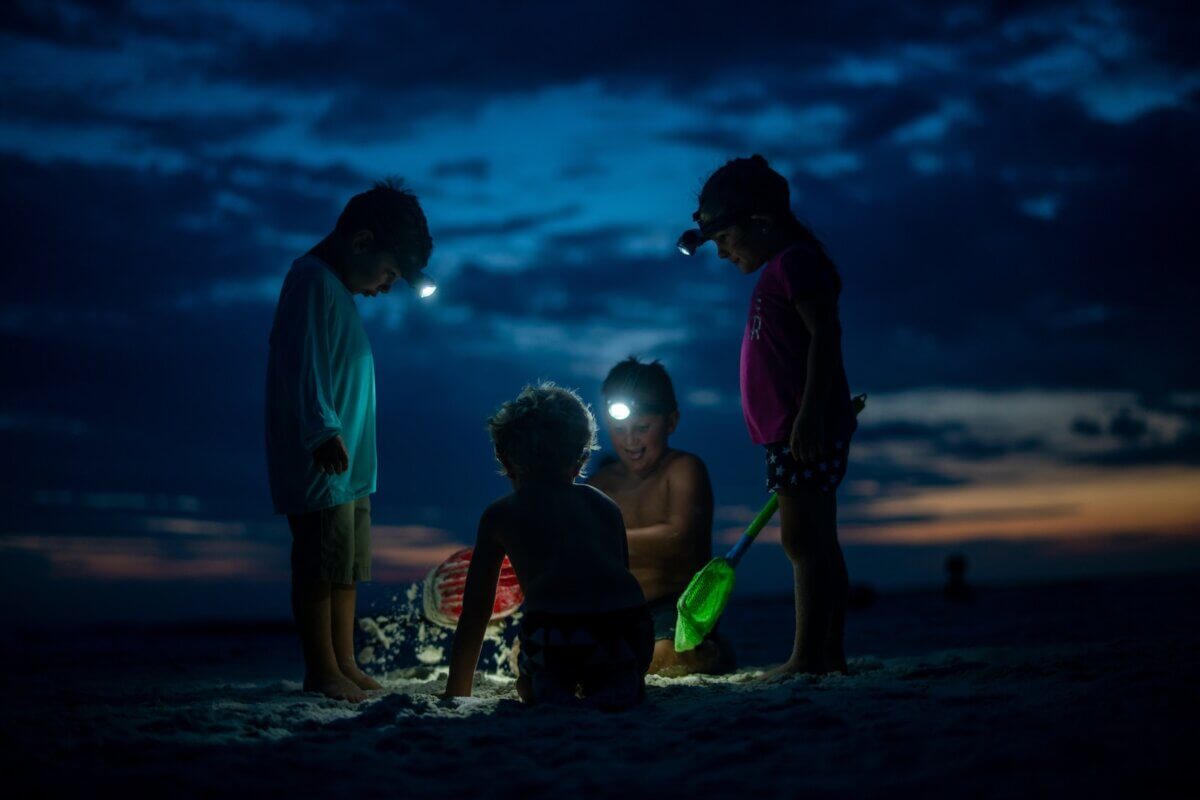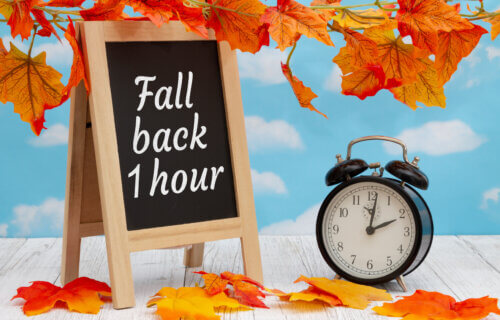NEW YORK — Seven in 10 Americans are “dreading” changing their clocks and “falling back” as Daylight Saving Time ends. According to a StudyFinds.com survey of 1,000 adults, aimed at revealing the country’s sentiment regarding these pesky time changes, 70 percent aren’t looking forward to their extra hour of sleep.
Of those firmly against falling back, their biggest complaint is the fact that it gets bright outside too early in the morning (68%). Other problems with the end of DST include its effects on people’s sleep schedules (60%), affecting their mental health (50%), and, of course, that it gets dark too early (50%).
Interestingly, 64 percent of those polled voiced their support for springing forward, when DST starts back up in March.
Many Americans prepare ahead of time to get ready for the time change by creating a nighttime routine (56%), sticking to a consistent sleep schedule (55%), limiting their screen time (44%), and even watching their caffeine, alcohol, and snack intake before bed (43%).

Falling back is a safety concern that’s stressing out parents
Seven in 10 parents in the poll believe it would be safer for their children if they never had to change the clocks at all. Other parental stresses around Daylight Savings Time ending include having to adjust their sleep schedule (56%), their child’s sleep being disrupted (52%), and worrying about their child’s safety outside when it gets dark earlier (51%).
Forty-three percent are worried about their own sleep being disrupted, and over one in three get stressed about adjusting their child’s schedule.
When it comes to what should happen with Daylight Savings Time, 40 percent of those polled believe it should be permanent with no more changing of the clocks. Curiously, 37 percent think we should continue to observe DST in the same way we currently do.

So, who gets the blame for falling back?
As if their approval rating couldn’t fall any lower, you guessed it, it’s Congress!
The U.S. Senate passed a vote last year making Daylight Savings Time permanent but it has since floundered in the House of Representatives. Nearly six in 10 people are still holding out hope that the House addresses this issue. Overall, 59 percent say they hope it finally receives a proper vote soon.
Although the practice is intended to make better use of daylight and reduce energy consumption, not all states in the United States observe DST.
Arizona and Hawaii are the only two states that do not observe DST. Arizona opted out of DST in 1968, citing the extreme heat of the summer months and the lack of energy savings. Hawaii never adopted DST in the first place, due to its proximity to the equator and the fact that it experiences less variation in daylight hours throughout the year.
Survey methodology:
This random double-opt-in survey of 1,000 general population Americans was commissioned by StudyFinds on October 31, 2023. It was conducted by market research company OnePoll, whose team members are members of the Market Research Society and have corporate membership to the American Association for Public Opinion Research (AAPOR) and the European Society for Opinion and Marketing Research (ESOMAR).


Me too!
Tony
I don’t enjoy the fact it is dark at 5:30 pm. During this time I have no real motivation or energy. Basically it feels like you go to work, come home eat and go to bed. More daylights gives me more energy and a better attitude.
I don’t enjoy the fact it is dark at 5:30 pm. During this time I have no real motivation or energy. Basically it feels like you go to work, come home eat and go to bed. More daylight gives me more energy and a better attitude.
I decided this spring not to do DST. I call it silly time. I am retired so it has caused few problems. I will be glad when everyone is on my time again.
I know people who want it to be light later at night. At this time of year I have to wonder what difference it makes. And those who have to go to work early have to go to bed early too. If it is light it makes it harder to go to sleep.
I am more concerned about children outside in the dark waiting for their school bus in the morning. They can always come inside if it is dark in the evening.
And YES, this switching back and forth is a perfect example of humans messing around with things best left alone.
Another concern about the time change is taking prescription medications. I have 2 prescriptions I have to take twice a day for the rest of my life. Every time there’s a time change it throws everything off. I wish they would do away with the time change, it doesn’t save anything.
Right now… spring forward 30 minutes, adjust your clocks… Leave it alone.